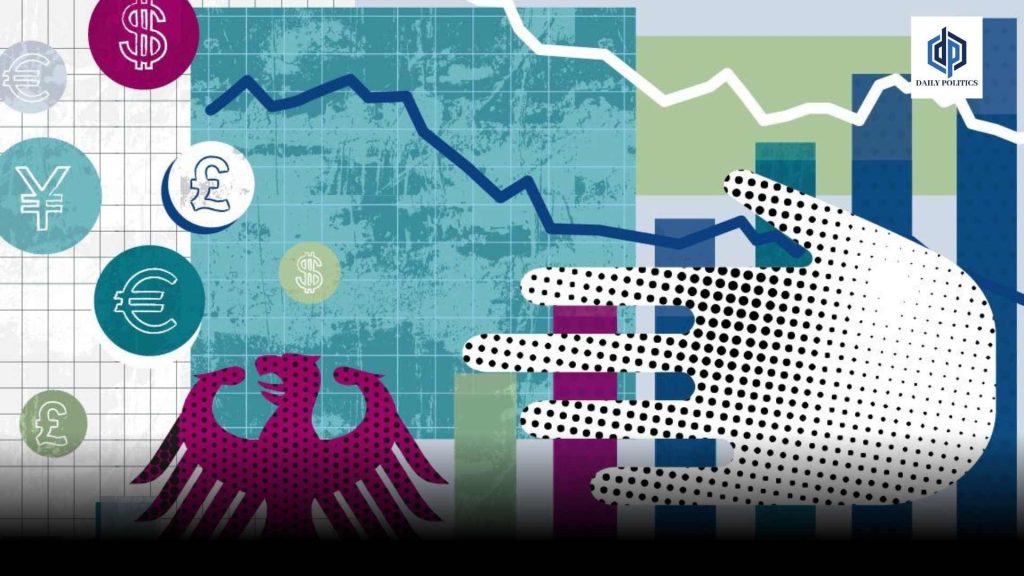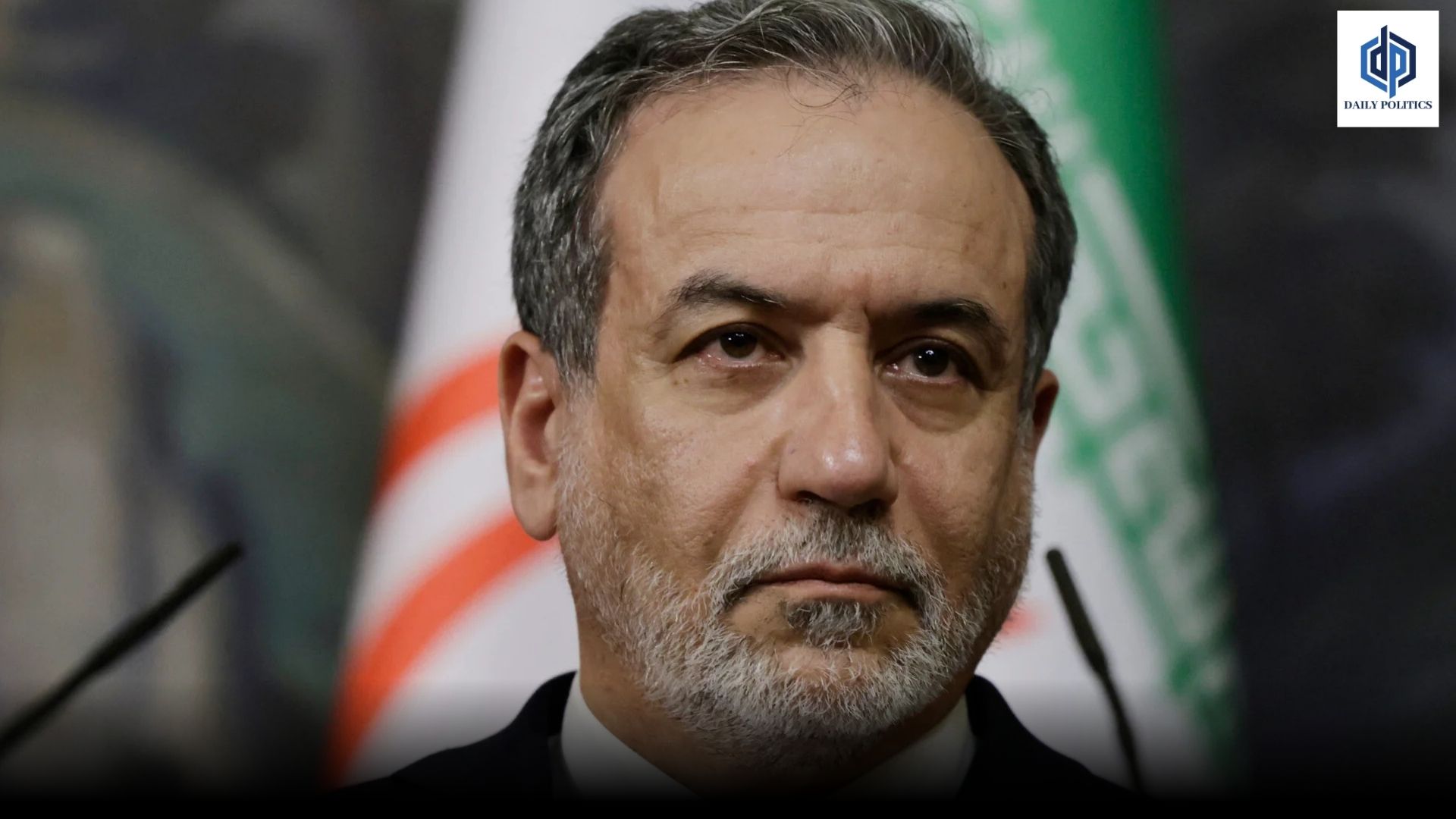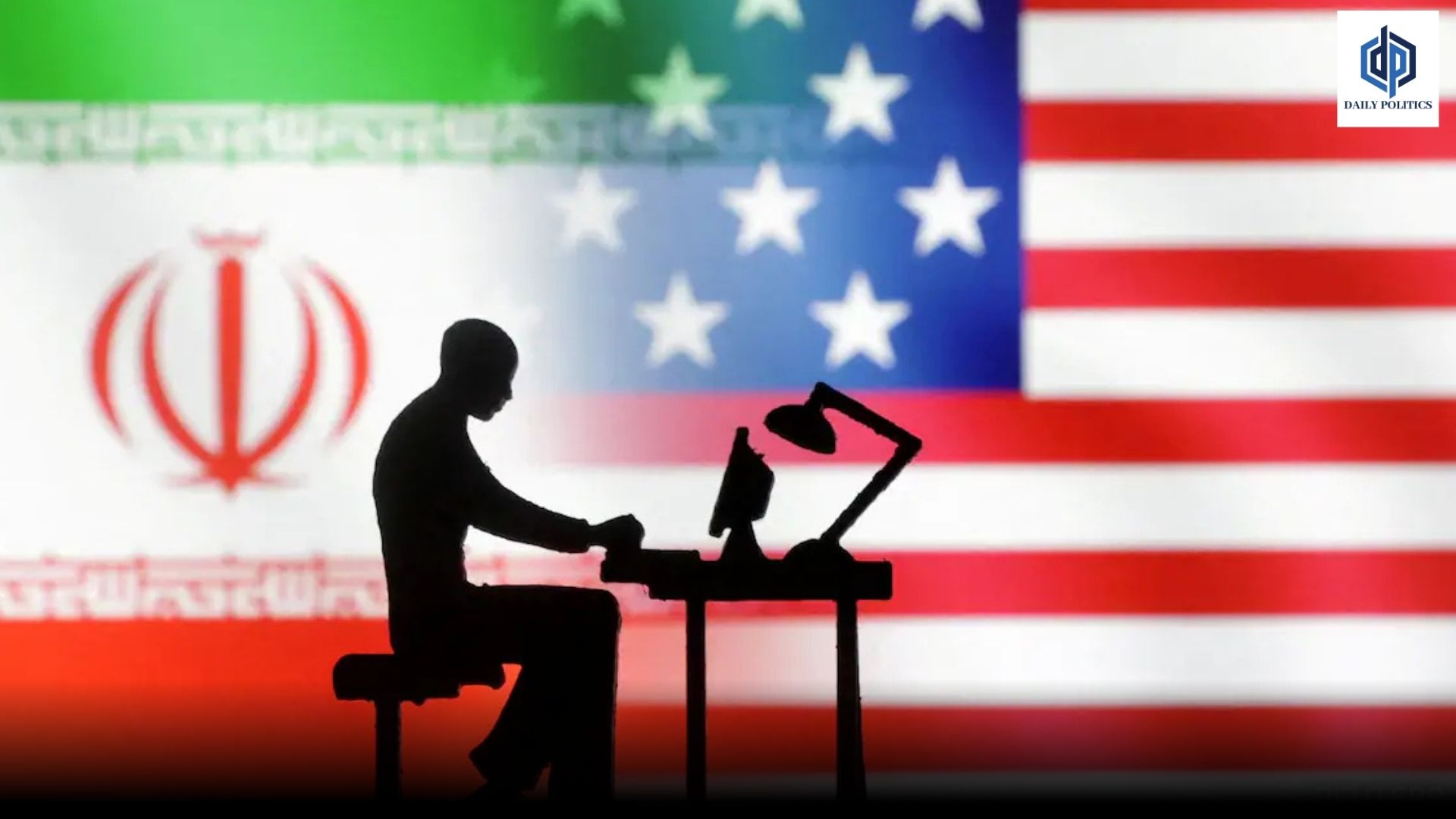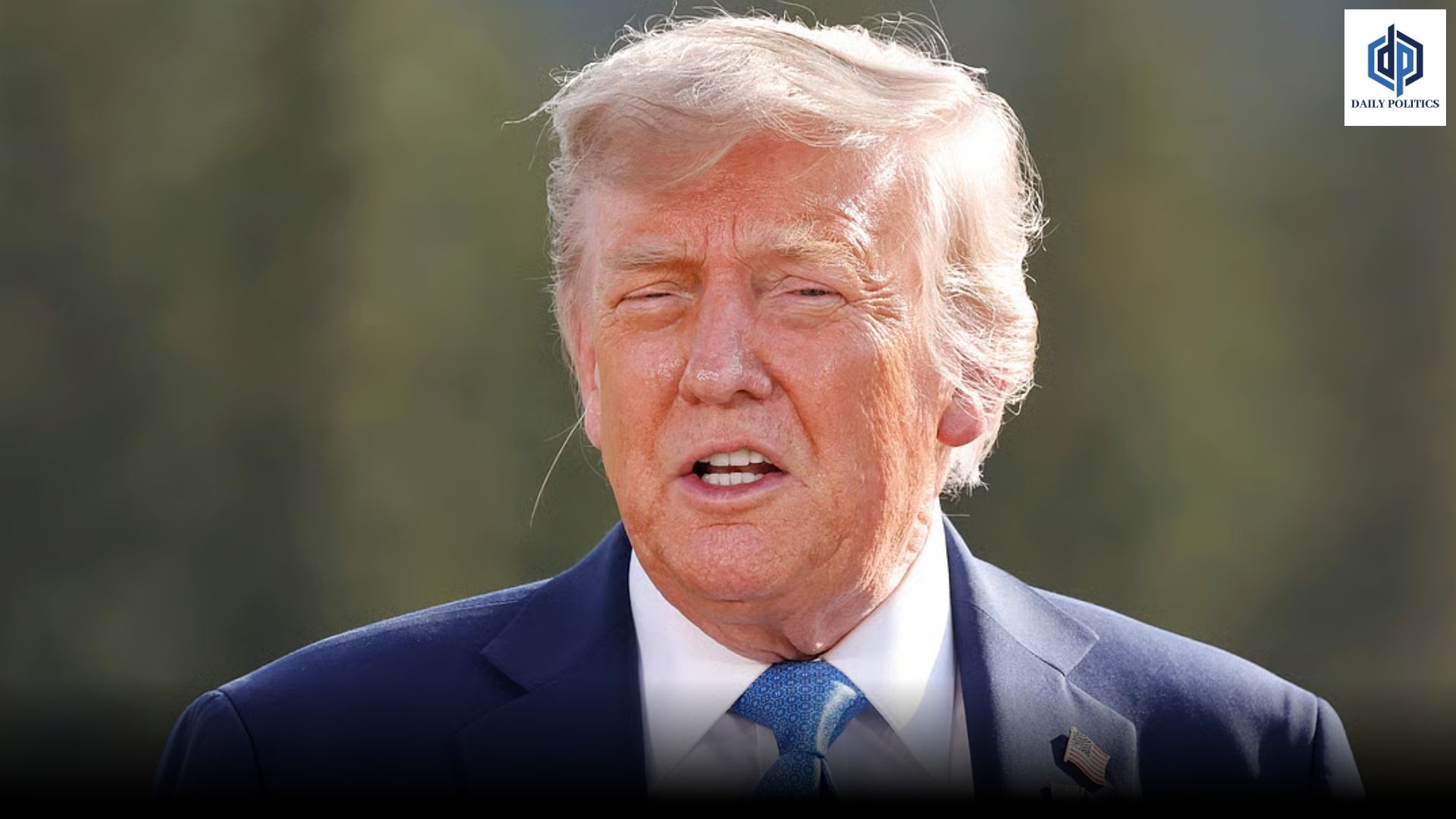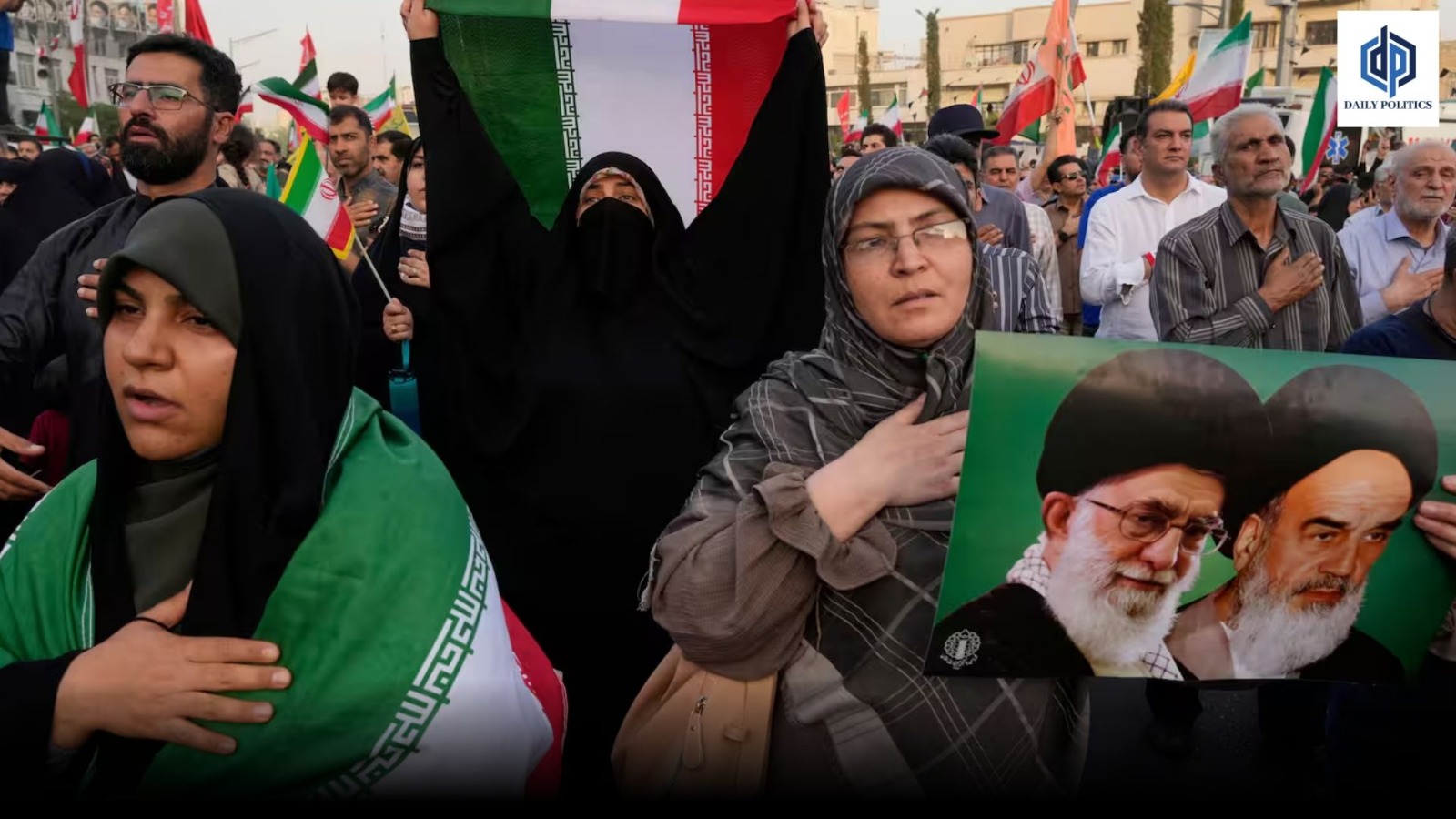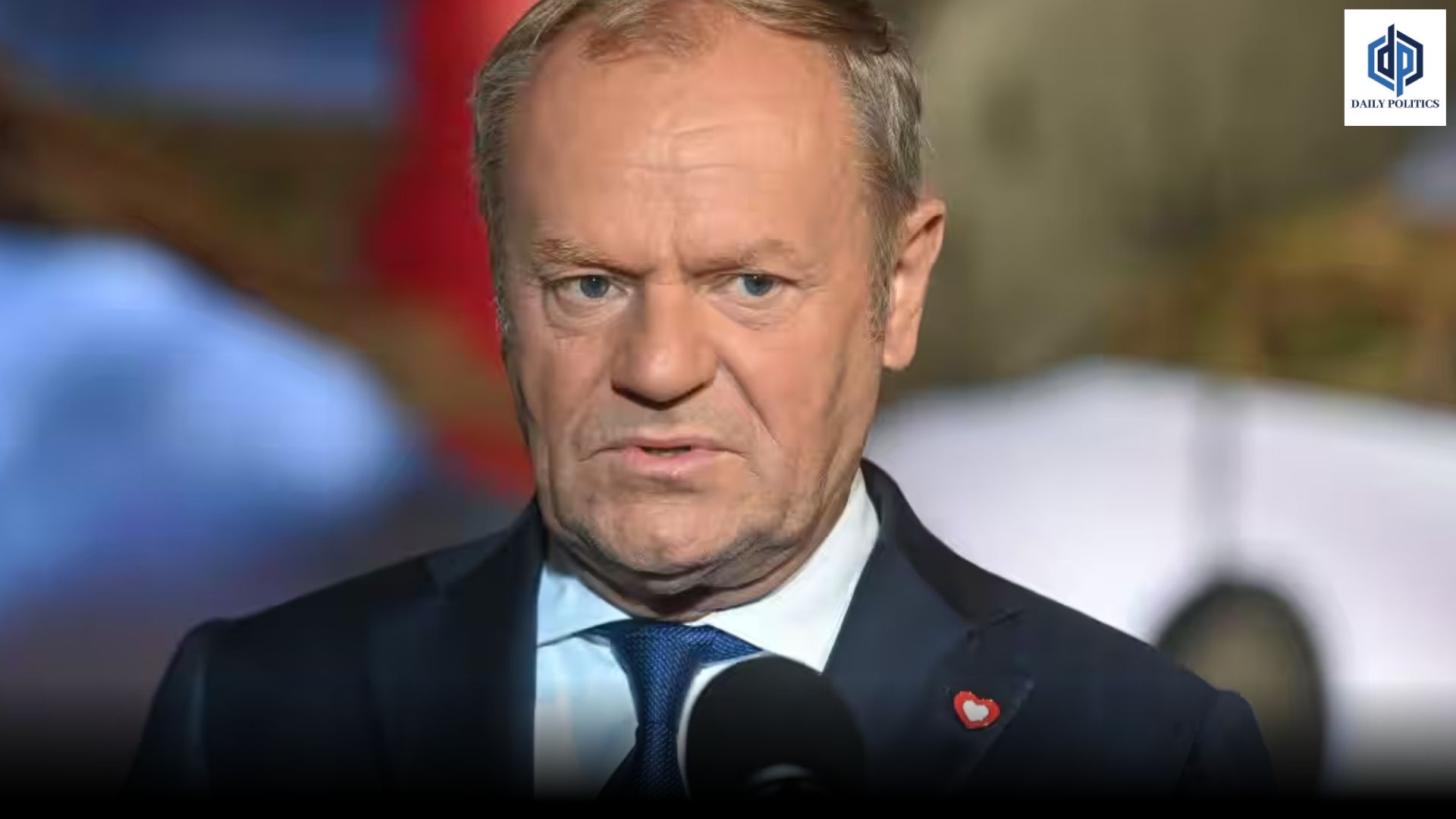Introduction
In a more linked world, examining political economy provides essential insights into the reciprocal influence of political forces and economic institutions. Political economics fundamentally analyzes how power, institutions, and governance distribution affect resource allocation, wealth generation, and economic policy. Globalization, technological progress, and geopolitical transformations are increasingly intertwining politics and the economy.
Historical Context
The discipline of political economy originates from the contributions of classical economists such as Adam Smith, Karl Marx, and John Stuart Mill, who acknowledged the interdependence of political and economic systems. Smith’s The Wealth of Nations emphasized the impact of political institutions and legislation on economic activity. At the same time, Marx’s Das Kapital examined the intrinsic effect of power relations on capitalist economic systems. These fundamental concepts have transformed throughout the ages, adjusting to the intricacies of contemporary globalized economies and multi-tiered governance frameworks.
The Influence of Political Institutions on Economic Policy
The role of political institutions in shaping economic policy is a key area of focus in political economy. Democratic, authoritarian, and hybrid political systems lead to varied outcomes in terms of policy-making, economic development, and wealth distribution. For example, in democratic systems, public policy is often shaped by electoral competition, lobbying, and public opinion, which may favor social welfare programs or market deregulation, depending on the political climate. In contrast, authoritarian regimes might prioritize rapid economic development through state-controlled mechanisms, but often at the cost of political freedoms.
The rise of populism in recent years, particularly in Europe and North America, has significantly impacted economic policies. Populist leaders tend to promise protectionist policies, welfare for certain groups, and an anti-globalization agenda, which can disrupt trade relationships, financial markets, and long-term economic stability. The tension between short-term political gain and long-term economic strategies remains a central challenge for governments navigating the global political economy.
Globalization and its Impact on National Sovereignty
Globalization, a force of significant transformation, has reshaped the political economy landscape by enabling international commerce, capital movement, and labor migration. However, This profound interconnection limits individual governments’ ability to chart their economic paths independently. International bodies like the International Monetary Fund (IMF), World Trade Organization (WTO), and World Bank wield substantial influence over national policy, particularly in emerging nations reliant on external aid or trade ties. The impact of these global entities on national policies is a crucial aspect that demands our attention.
Globalization has stimulated prosperity in several developing countries; nevertheless, it has also intensified domestic and international inequities. The need to compete in global markets often compels nations to implement neoliberal policies such as deregulation, privatization, and austerity, which may erode domestic social programs and engender resentment among excluded groups. The political reaction against globalization has, in several respects, catalyzed the emergence of nationalist and protectionist groups, undermining the fundamental principles of the liberal economic system.
Political Economy of Climate Change
Climate change is a significant challenge for modern political economics. The shift to a green economy requires collaboration among governments, corporations, and civil society while also exposing entrenched political and economic disparities. Affluent countries and companies accountable for most historical carbon emissions are often more capable of investing in sustainable technology. At the same time, impoverished nations endure the most severe consequences of climate-related catastrophes with little means to alleviate their impacts.
The political economics of climate change also prompts inquiries about fairness and equality. Developing nations seek climate reparations and assistance for adaptation strategies, while developed countries have internal pressures to reconcile economic expansion with environmental accountability. The recent increase in international climate accords, exemplified by the Paris Agreement, highlights the significance of political will in facilitating economic change; yet, the efficacy of these accords is still being determined, especially when national interests clash with global objectives.
Technology, Power, and Economic Transformation
The digital era has introduced a novel aspect to political economy, as technology transforms labor markets, commerce, and government. The emergence of automation, artificial intelligence, and platform economies poses a risk to conventional employment structures, inciting discussions over the future of labor, income disparity, and social welfare. Technological innovations have often centralized power within a few multinational businesses, resulting in novel economic monopolies and prompting worries over regulatory control.
The digital economy presents economic innovation, entrepreneurship, and growth prospects, particularly in developing economies. Governments must formulate rules that reconcile innovation with safeguarding labor rights, privacy, and competitiveness. Political economics is essential for comprehending the impact of technological progress on global power dynamics and economic opportunities.
The discipline of political economics offers a crucial framework for understanding the intricacies of the contemporary world, where political dynamics and economic structures are fundamentally interconnected. Political economics provides essential insights into the evolving dynamics of power, wealth, and governance amidst the ascent of populism, the problems posed by globalization, the need to combat climate change, and the influence of technology on economies. This understanding will make the audience feel informed and prepared for the challenges ahead.
As the global political and economic landscape evolves, the examination of political economy will remain pivotal in formulating policies that promote fair growth, democratic governance, and sustainable development. This role of political economics should instill hope and motivation in the audience, as it is crucial not just for politicians but also for individuals aiming to maneuver through the increasingly intricate interplay between politics and economics in the 21st century.

